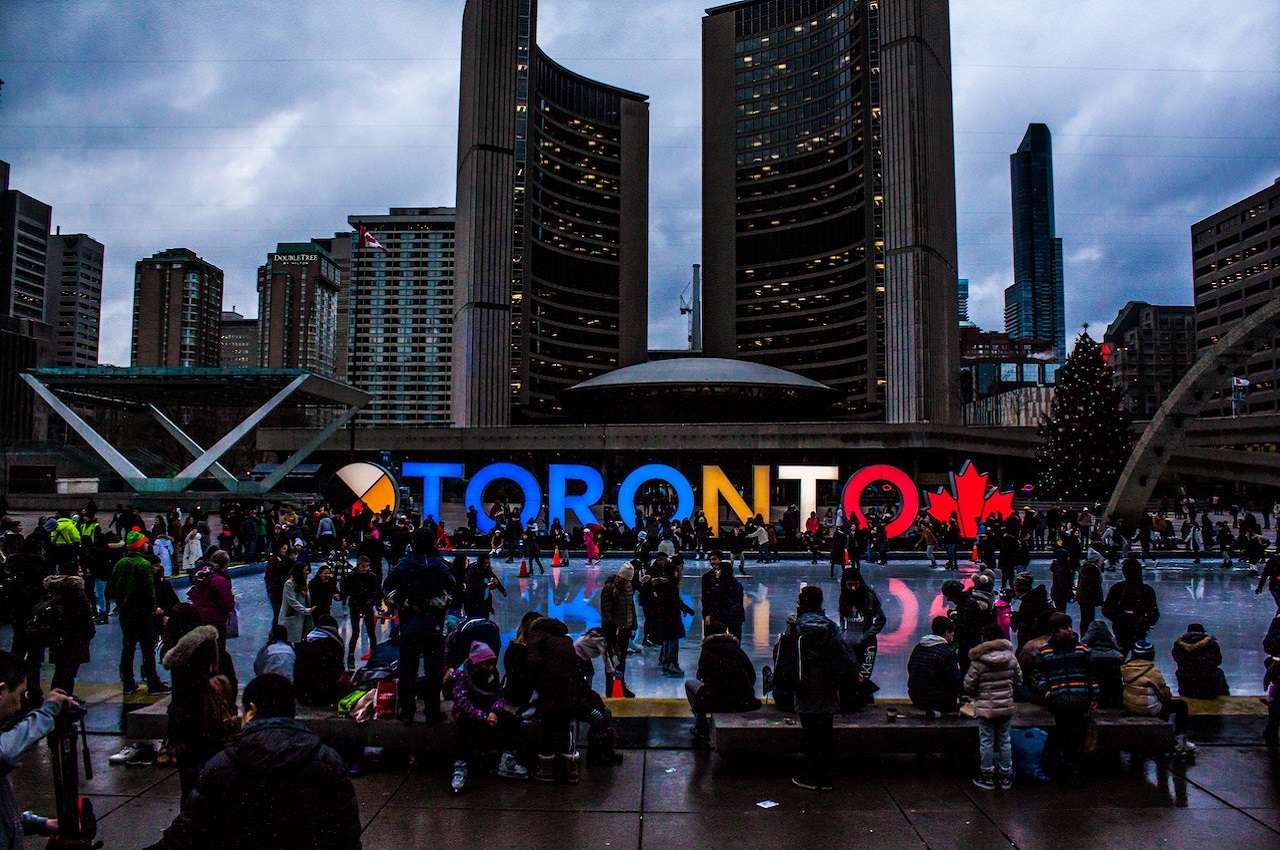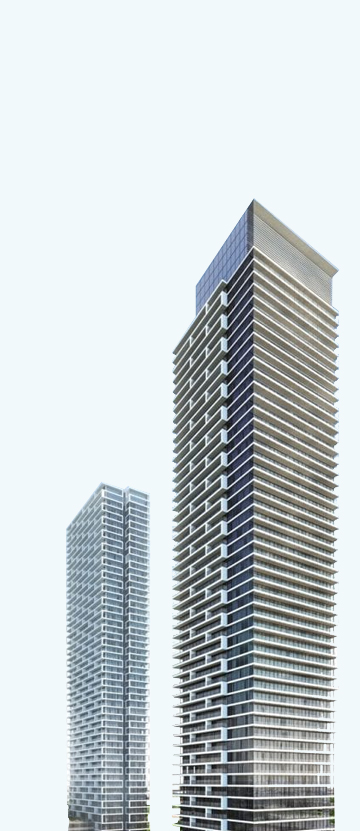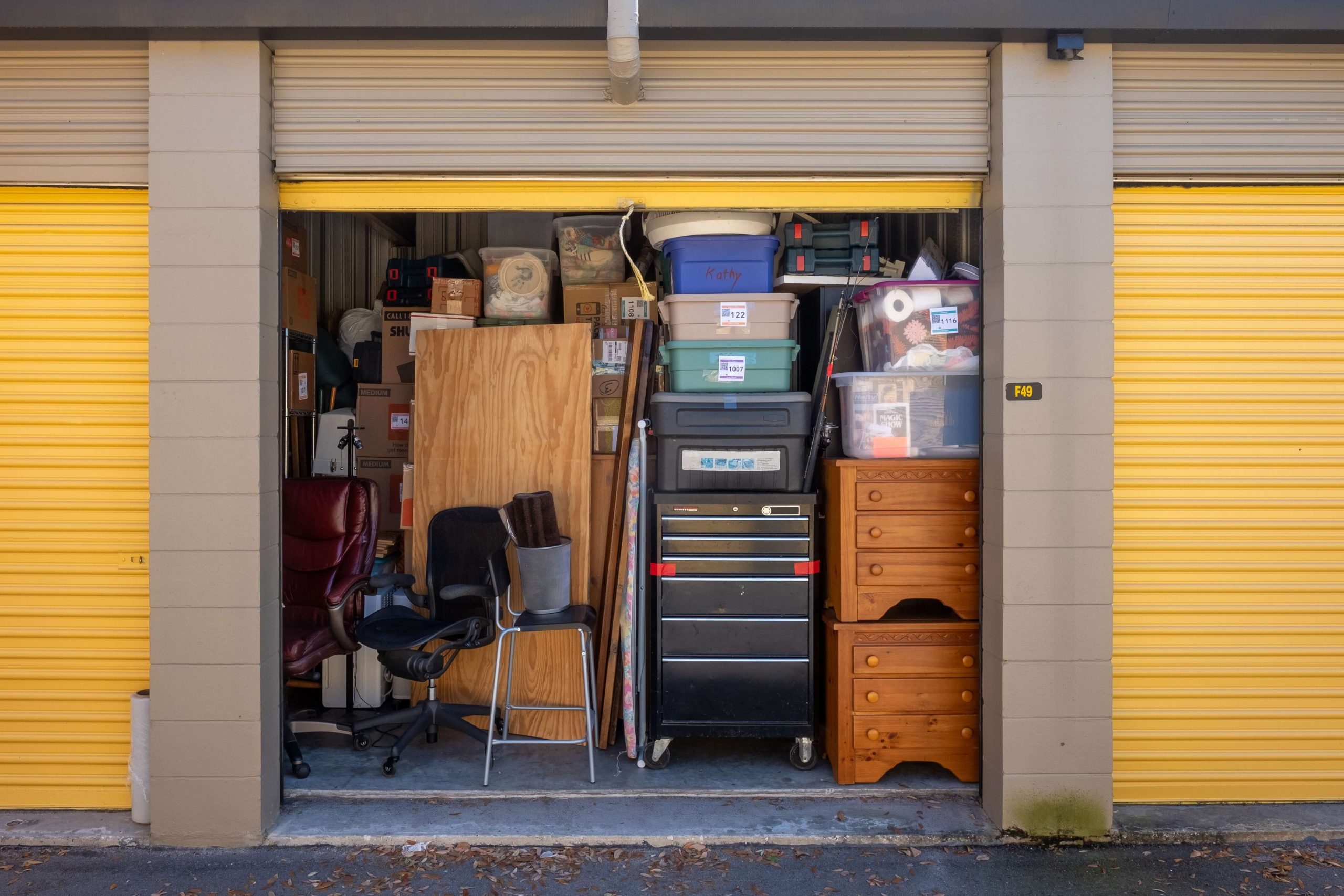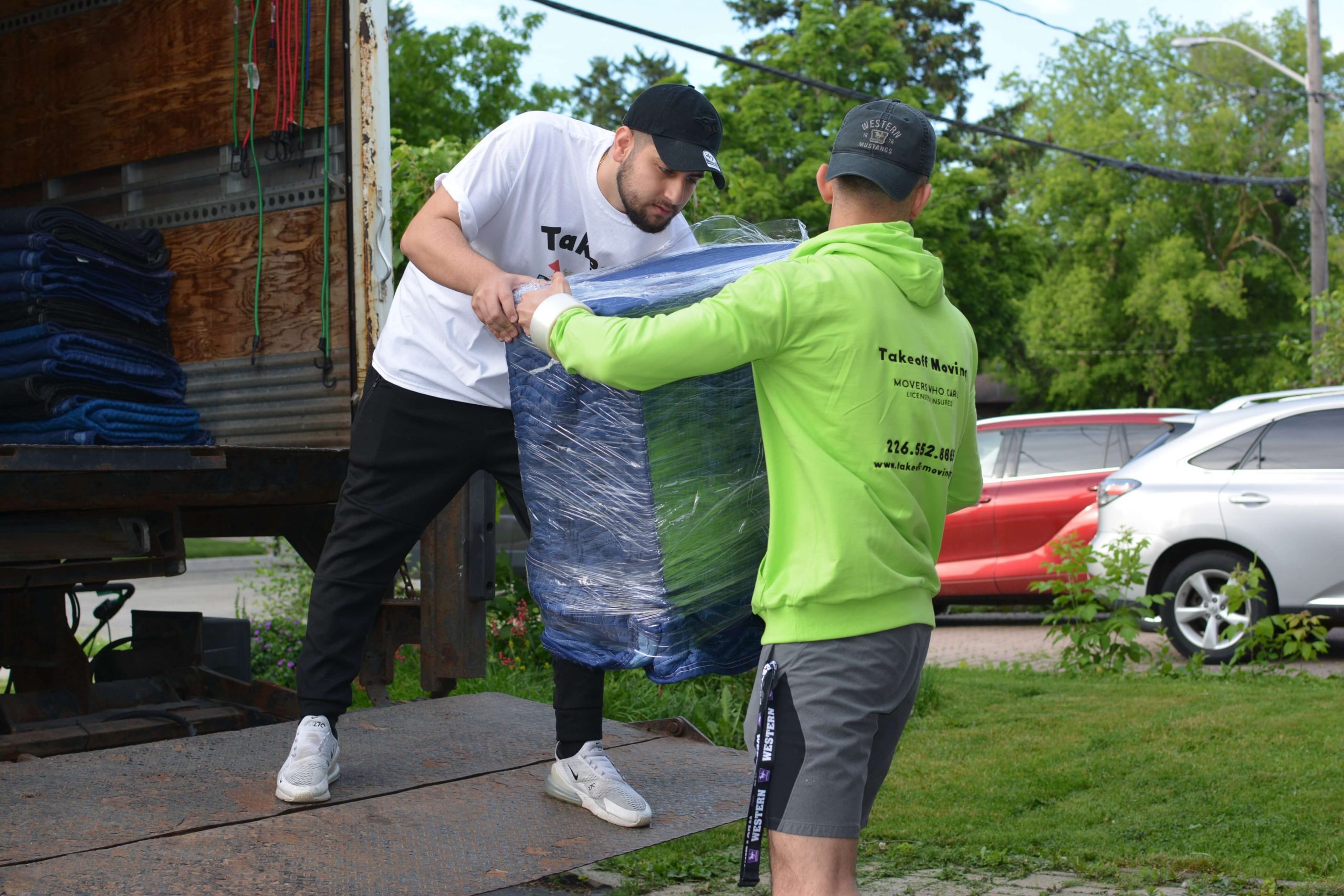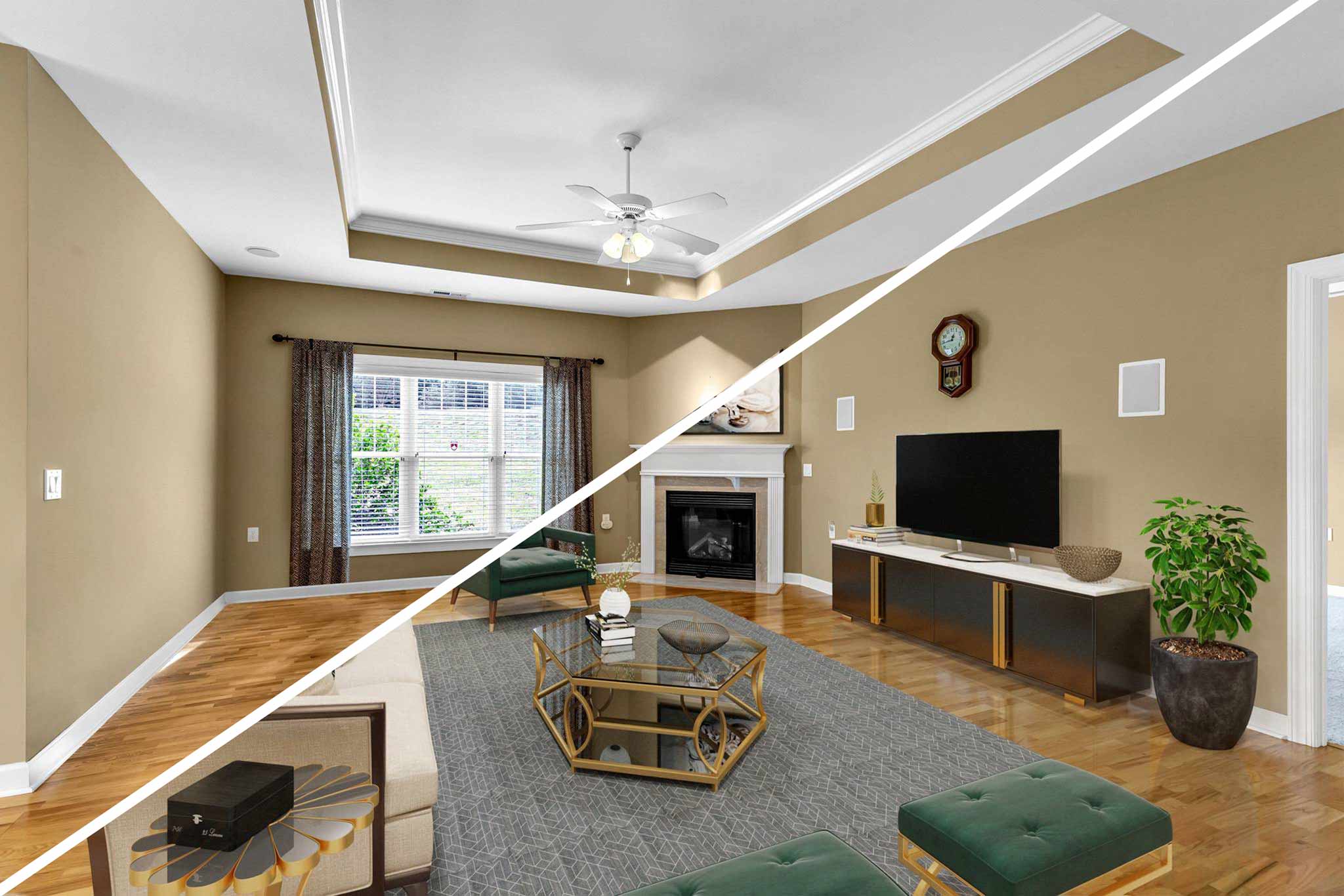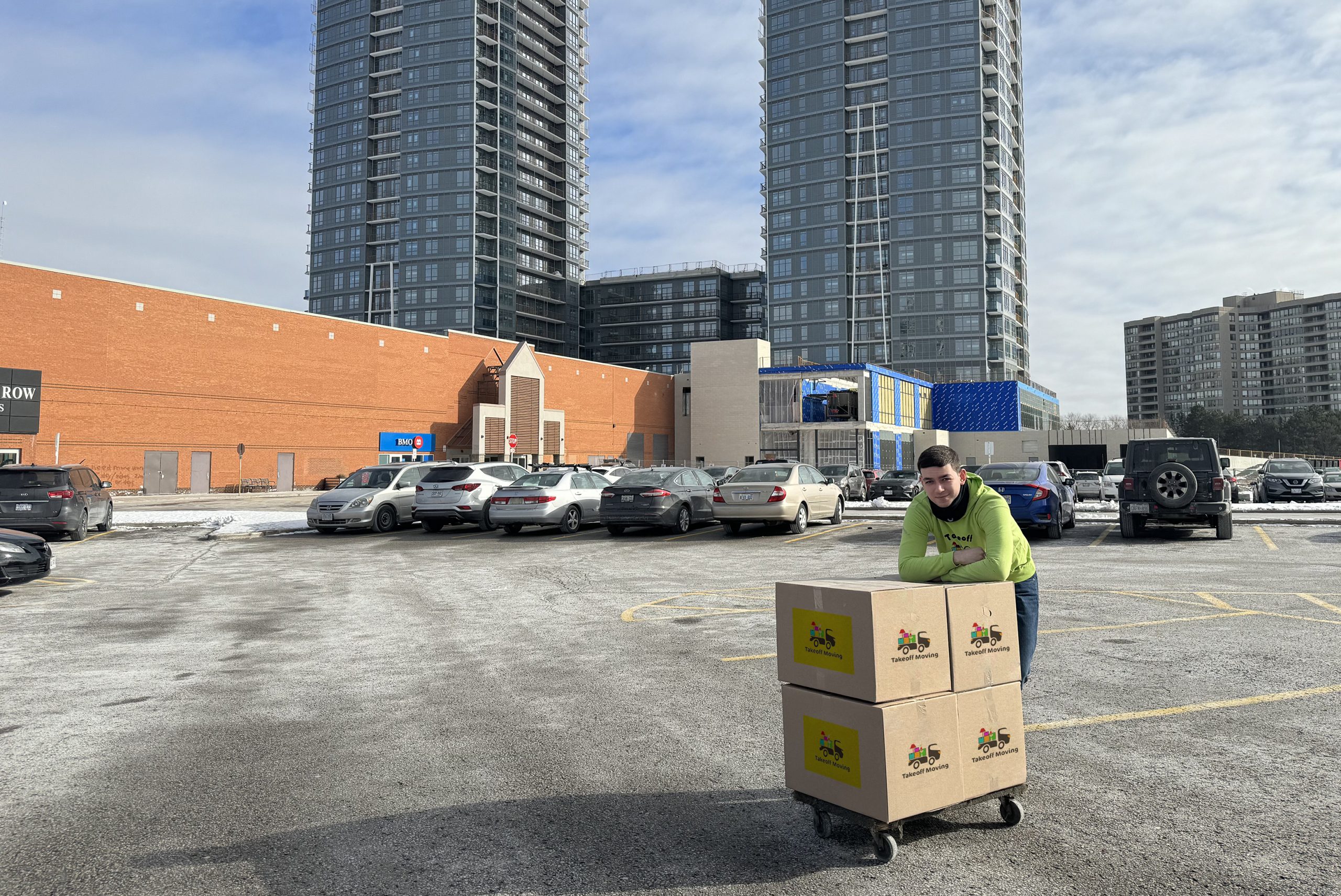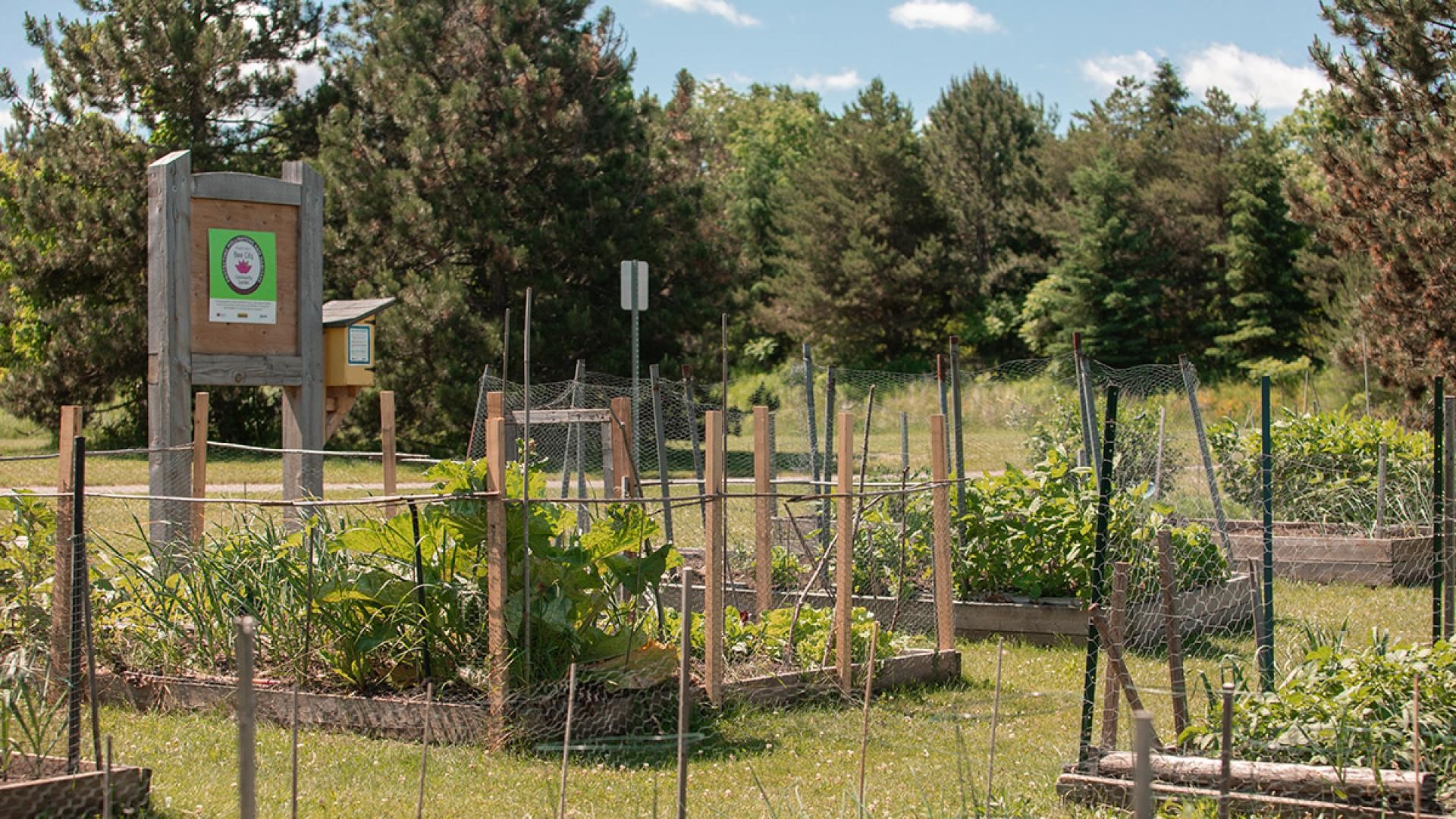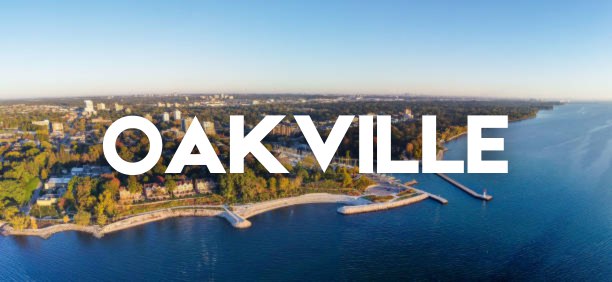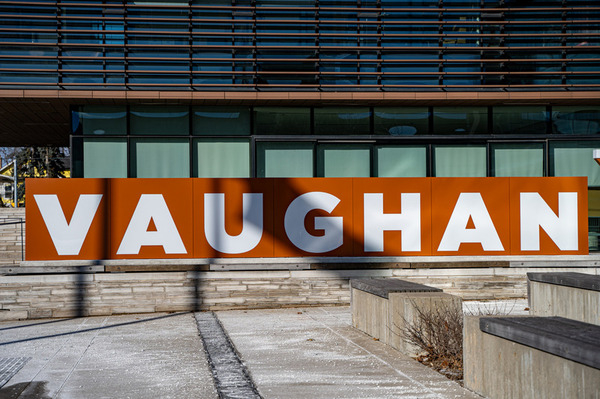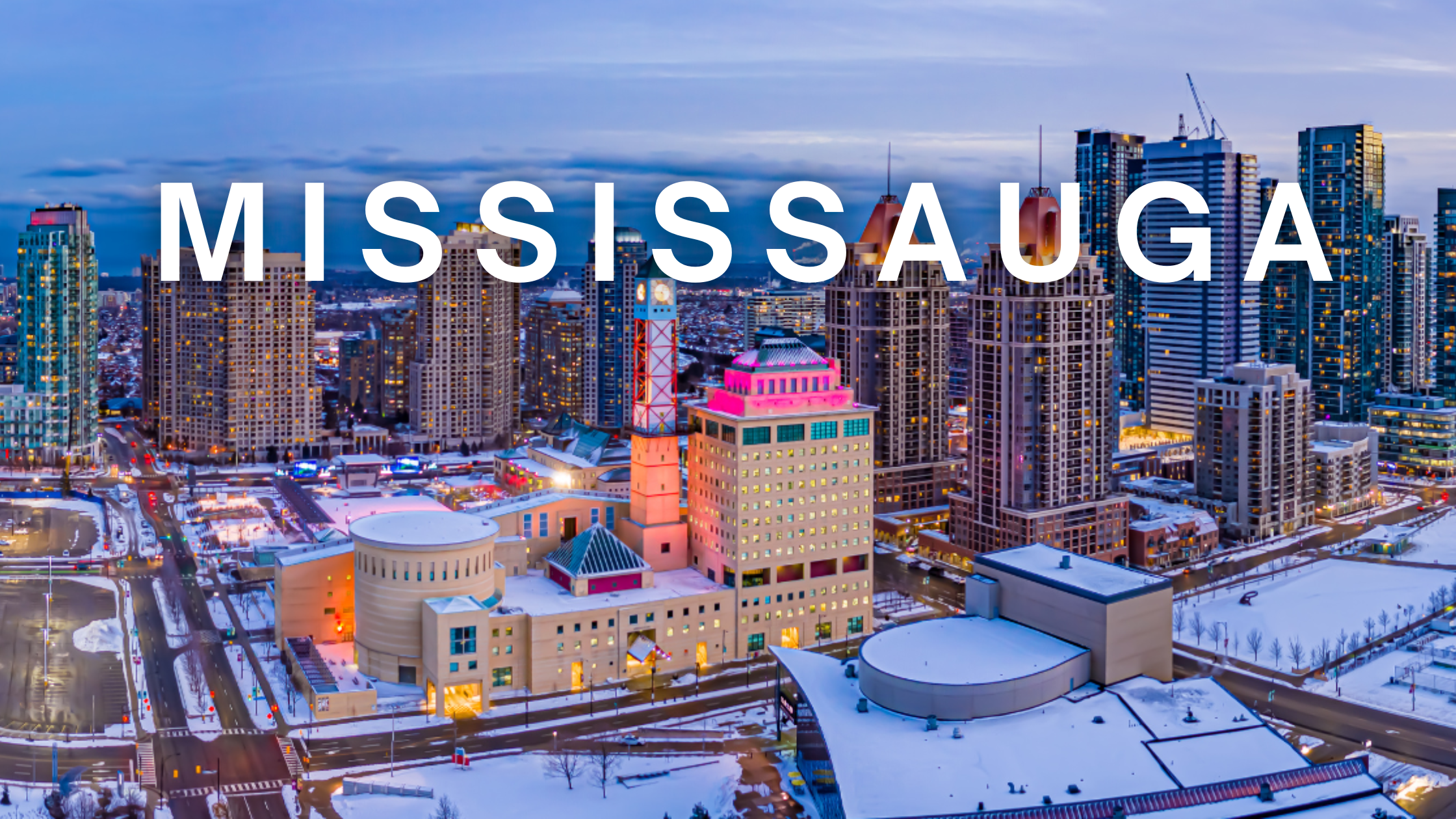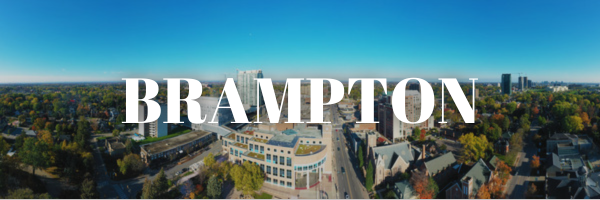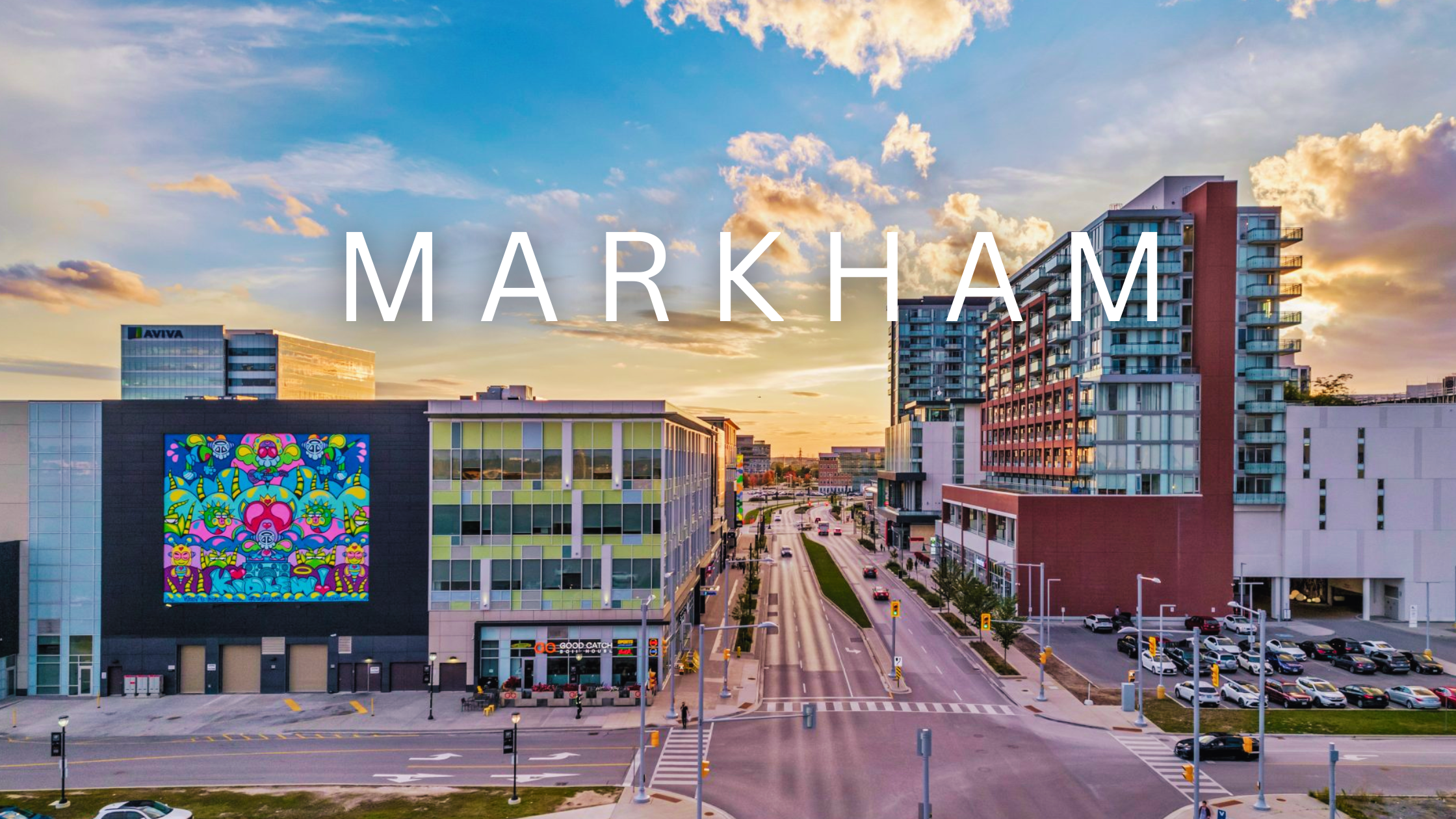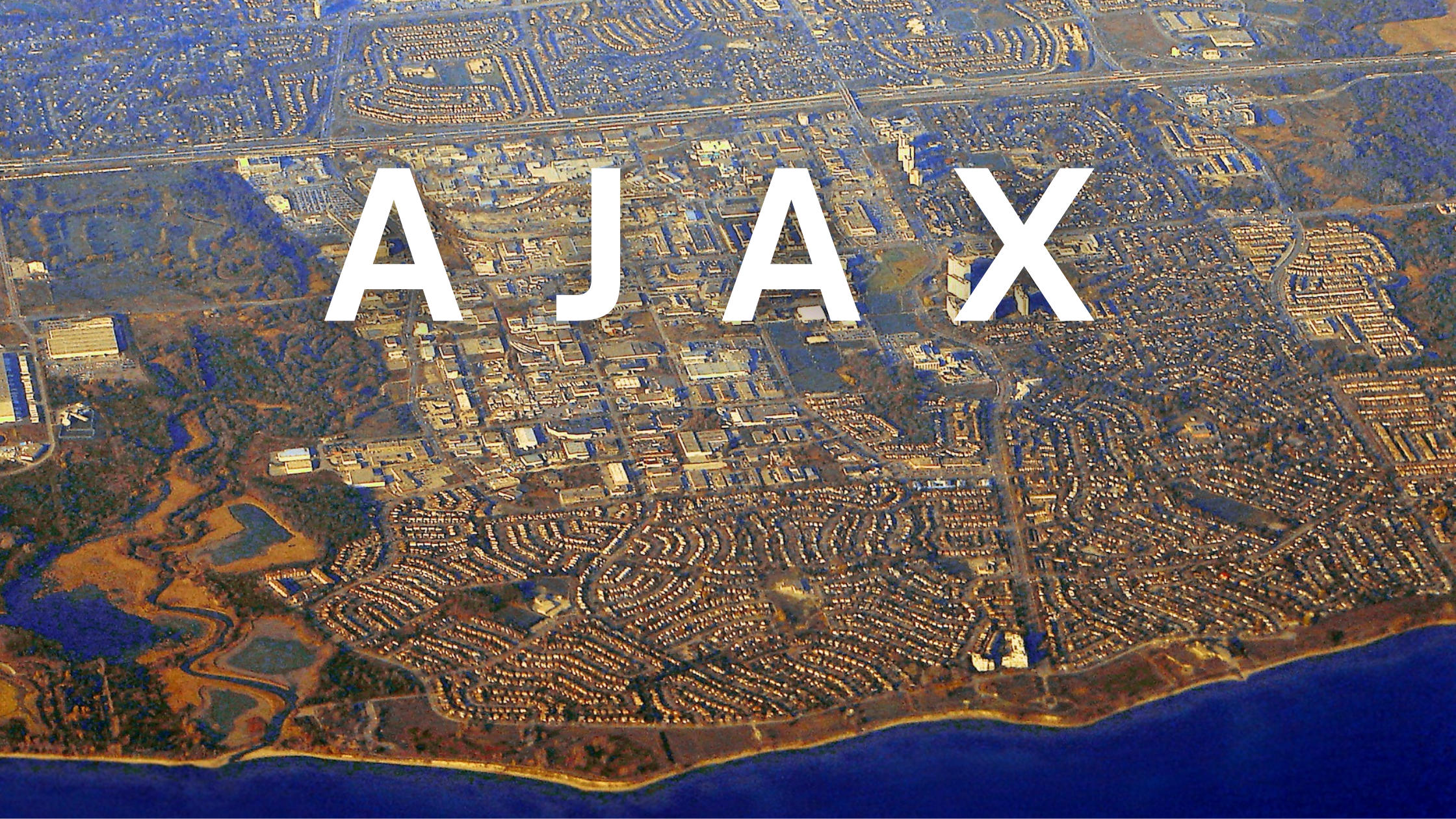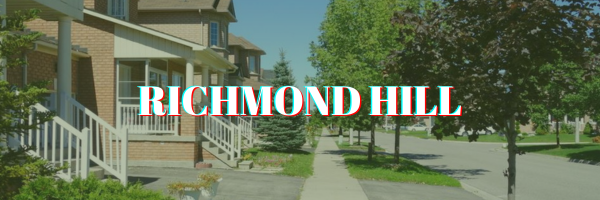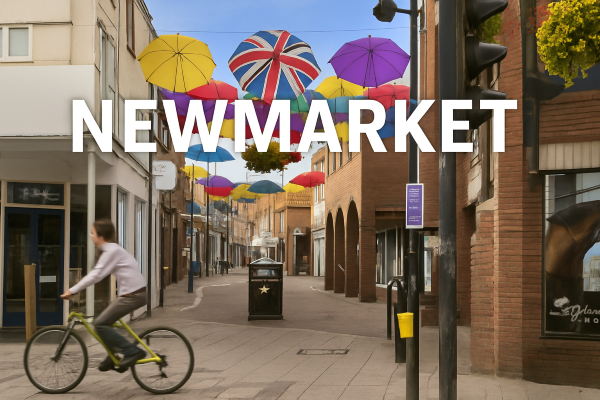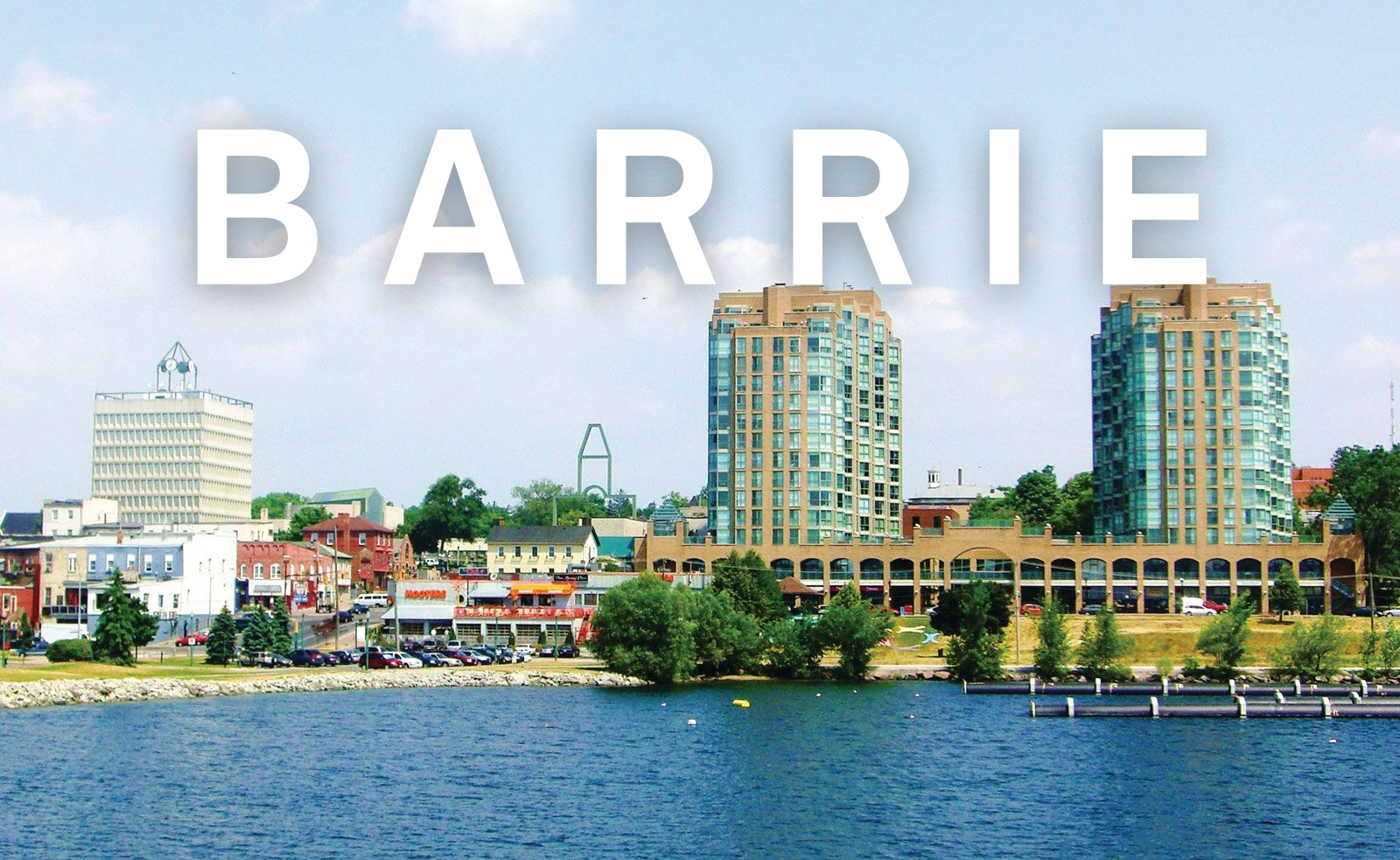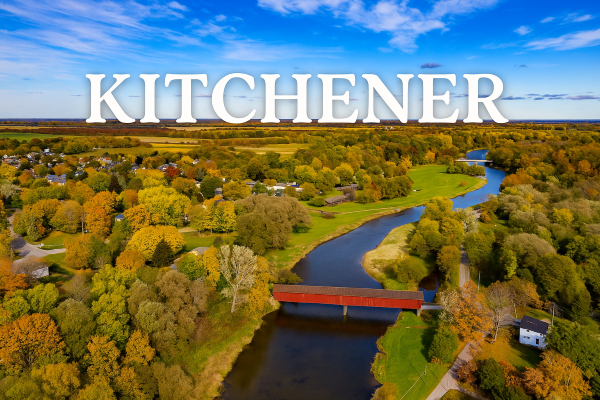
Moving to Aurora: Finding A Home in Ontario’s Hidden Gem
Thinking of moving to Aurora, Ontario? Discover housing, jobs, schools, and what makes this town a hidden gem.
Why Move to Aurora?
Aurora is a vibrant town in York Region known for its safety, charm, and easy access to Toronto.
Relocating is a big decision—and where you choose to move can shape your lifestyle for years to come. Aurora, Ontario is one of those rare towns that offers everything: safety, charm, a strong sense of community, and direct access to big-city opportunities. Tucked into the heart of York Region, just 40 minutes north of Toronto, Aurora is rapidly gaining popularity for professionals, families, and retirees alike.
Whether you’re looking for top-rated schools, job opportunities, or simply a quieter life with more green space, this guide will tell you everything you need to know about moving to Aurora.
The History of Aurora
Aurora began as a rural settlement in the 1790s and grew rapidly thanks to the 1853 railway, preserving its heritage to this day.
Aurora’s roots date back to 1793 when it began as a simple agricultural settlement along Yonge Street. It saw major growth with the arrival of the Ontario, Simcoe & Huron Railway in 1853, turning it into a significant economic hub. Historical buildings in the downtown core, such as the Church Street School and Hillary House, give you a glimpse into its past and make the town a living museum (Aurora Historical Society).
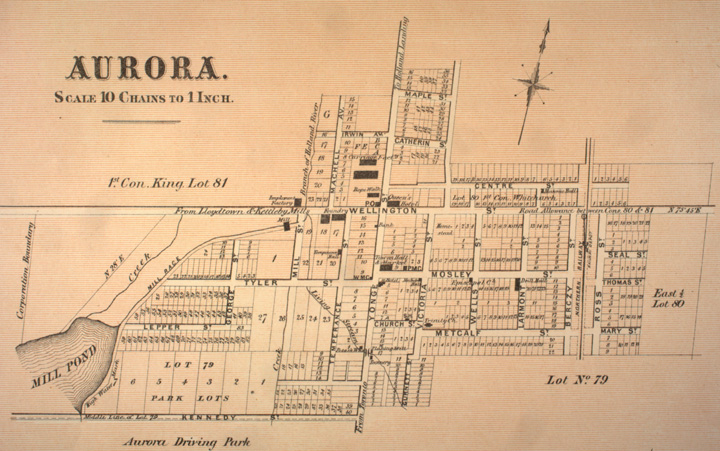
Historical Map of Aurora, Ontario from 1878
The preservation of these heritage sites has contributed to Aurora’s distinct charm. Today, Aurora balances its rich history with modern development, maintaining a strong connection to its roots while evolving into one of Ontario’s most desirable communities.
Demographics and Population Growth
Aurora has over 65,000 residents and is known for its multicultural population and steady growth.
Aurora is home to approximately 65,000 residents as of 2024 and continues to grow steadily. Its diverse, multicultural population includes newcomers from China, Iran, Italy, and the Philippines. This cultural diversity contributes to the inclusive feel of the town, visible in local businesses, schools, and public events (Statistics Canada).
Population Growth Chart
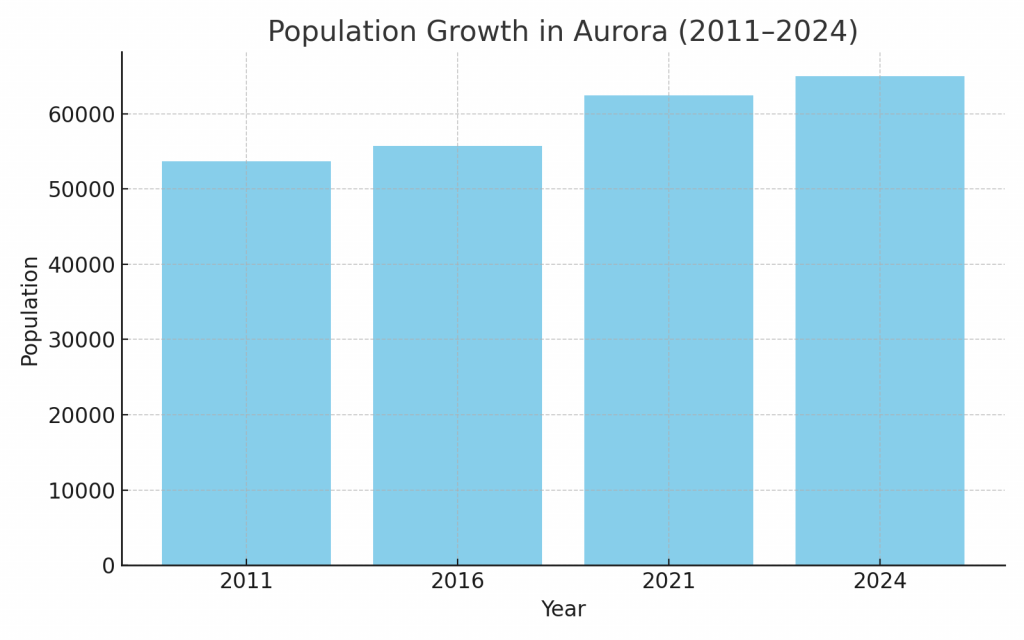
Aurora’s population has steadily increased over the last decade, reflecting its growing appeal as a residential hub north of Toronto.
- Data Source:
- 2011, 2016, and 2021 figures from Statistics Canada Census Data
- 2024 estimate based on projected annual growth from York Region Planning Reports and Town of Aurora population updates.
Cost of Living in Aurora
Living in Aurora can be expensive, with housing costs averaging $1.1M, but the amenities and lifestyle justify it.
Aurora is known for its high standard of living, and while it’s not the cheapest place to live, the investment pays off in quality of life. Here’s a snapshot of typical monthly costs:
| Expense | Cost (CAD) |
| Two-Bedroom Apartment | $2,200–$3,000 |
| Groceries (family of 4) | $800–$1,000 |
| Internet & Utilities | $200–$300 |
| Monthly Transit Pass | $150–$170 |
| Childcare (full-time) | $1,000–$1,300 |
The average home price is around $1.1M, with semi-detached options in the $850K–$950K range. For many families and professionals, the safe neighborhoods and excellent services justify the higher costs (CREA).
Job Market and Economy
Aurora has a strong local economy, with job opportunities in government, education, real estate, and nearby healthcare.
Aurora offers excellent job prospects, particularly in sectors like:
- Public Administration (Town of Aurora, York Region)
- Education and Childcare (YRDSB, YCDSB)
- Healthcare (Southlake Regional Health Centre nearby)
- Construction and Real Estate
- Retail and Hospitality
Many Aurora residents also commute to Toronto for work using GO Transit or the 404 highway. Remote and hybrid opportunities have grown, making Aurora an even more attractive home base (Aurora Chamber of Commerce).
Transportation and Connectivity
Commuting from Aurora is easy with access to GO Transit, major highways, and regional bus networks.
Generally speaking, Aurora is quite well-connected:
- GO Transit Aurora Station – Regular train and bus service to Union Station
- Highway 404 & 400 – Easy car access to Toronto and surrounding cities
- Local Transit – YRT/Viva buses cover local and regional routes
Average commute time to downtown Toronto: ~45 minutes by GO Train, ~1 hour by car (off-peak).
Commute Comparison Pie Chart
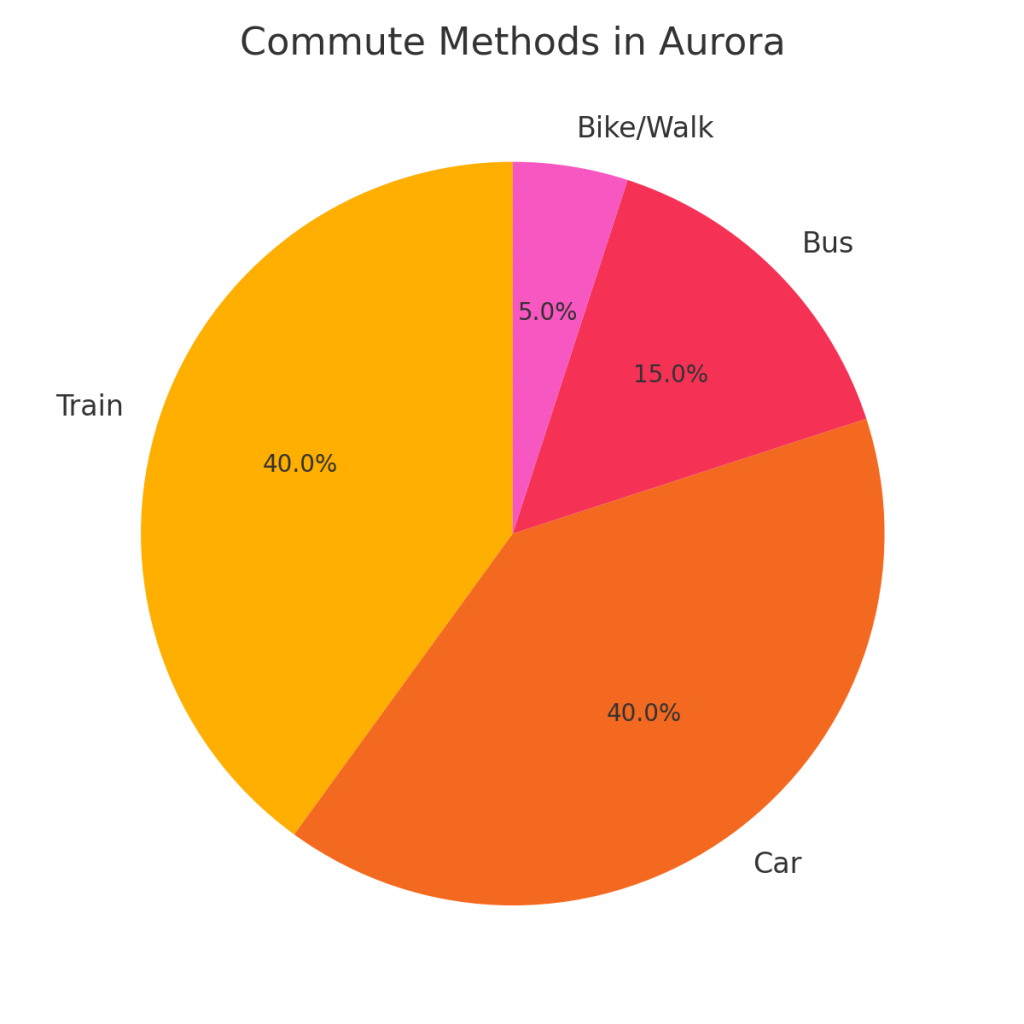
Train and car travel dominate Aurora’s commuter landscape, thanks to efficient GO Transit links and highway access.
- Data Source:
- 2021 Statistics Canada Community Profile for Aurora
- Supplemented by York Region Transit planning and Metrolinx ridership insights.
Education and Child-Friendly Amenities
Aurora offers excellent public and private schools, child programs, and family-oriented amenities.
Aurora is part of the York Region District School Board and the York Catholic District School Board. It is home to some of the top-rated schools in the region:
- Aurora High School
- St. Maximilian Kolbe Catholic High School
- Rick Hansen Public School
Private options include St. Andrew’s College, a world-renowned independent school for boys. For post-secondary, Seneca College and York University are within easy reach.
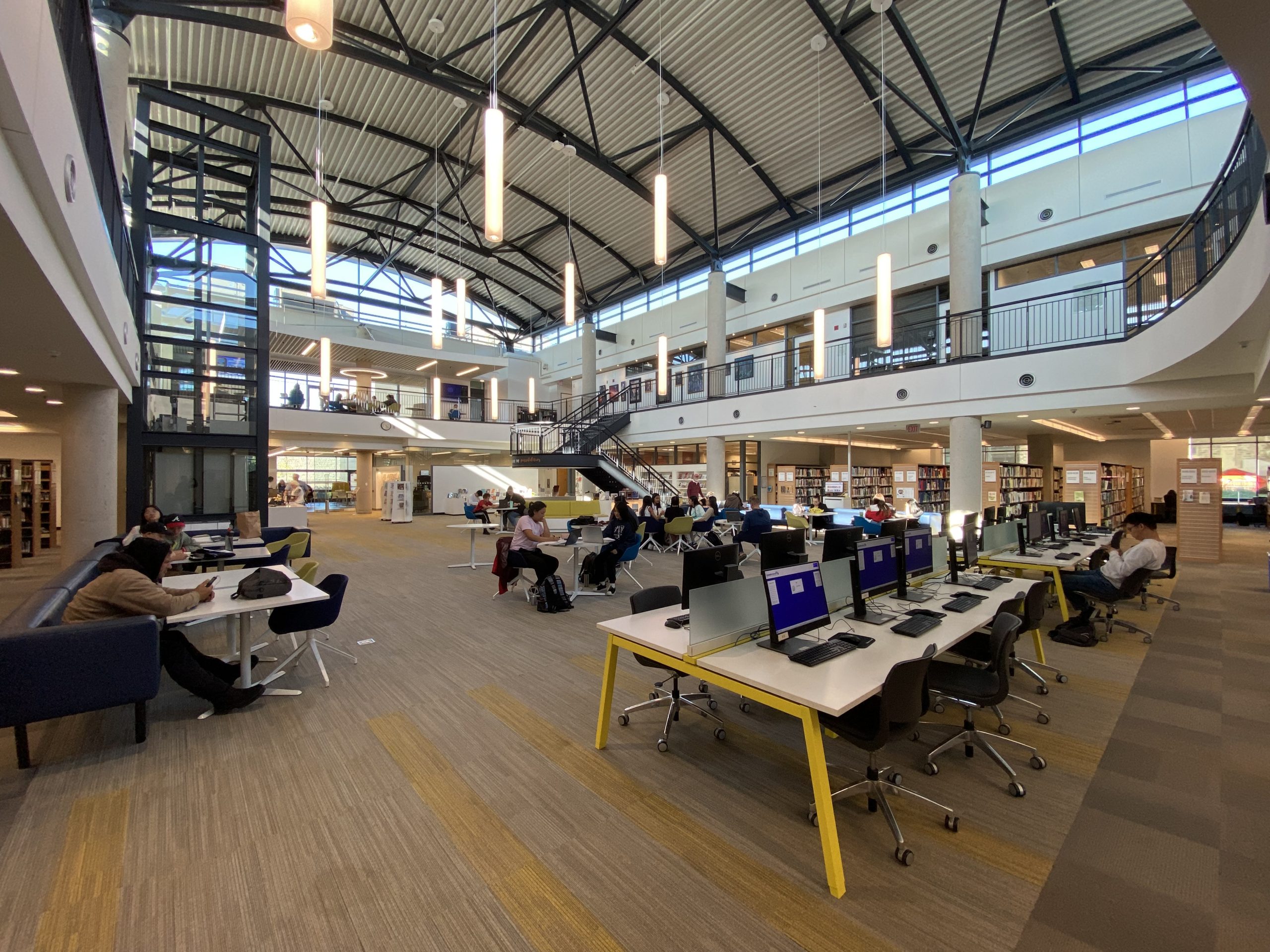
Photo of the Aurora Public Library’s interior in 2023, by Canmenwalker – Own work, CC BY 4.0, Link
The town offers numerous amenities for kids:
- Public libraries with literacy programs
- Youth sports leagues
- Art and science camps
- Splash pads and skate parks
Parks and Outdoor Activities
Aurora has over 700 acres of parkland, making it ideal for hiking, biking, and outdoor fun year-round.
Aurora boasts more than 700 acres of parkland and 60+ parks:
- Aurora Arboretum – 100+ acres of trails and greenery
- Sheppard’s Bush Conservation Area – Forest trails and sports fields
- Town Park – Hosts events and festivals
- Case Woodlot – Natural trails, popular with hikers
Popular Activities:
- Hiking & Biking
- Outdoor Yoga & Fitness
- Dog Walking
- Snowshoeing & Cross-Country Skiing in winter
Parkland Usage Breakdown
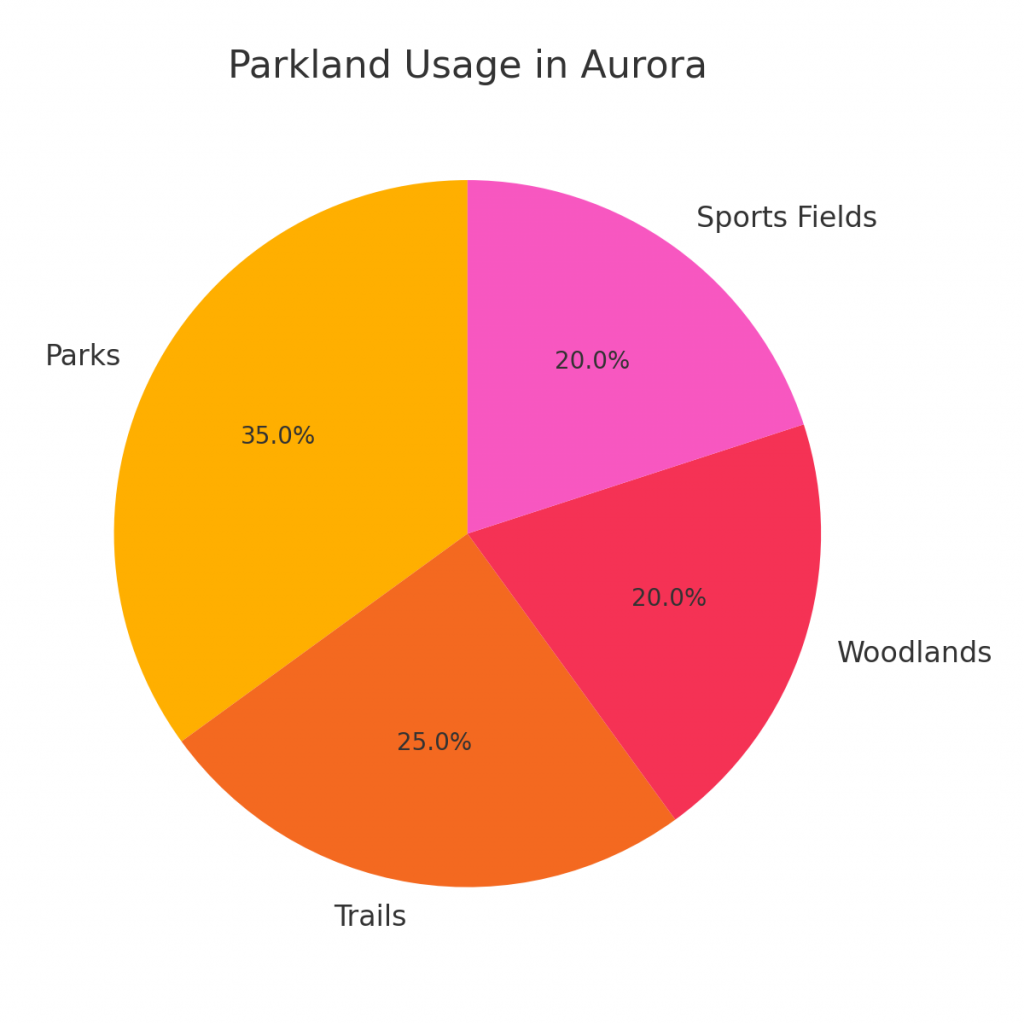
A breakdown of how Aurora’s green spaces are used, showing a balanced mix of parks, trails, woodlands, and sports facilities.
- Data Source:
- Town of Aurora Parks & Recreation Master Plan
- Visual estimation and breakdown based on land use maps and city planning documents from Aurora.ca
Arts, Culture, and Local Events
Aurora celebrates art and culture with local festivals, a cultural centre, and community theatre.
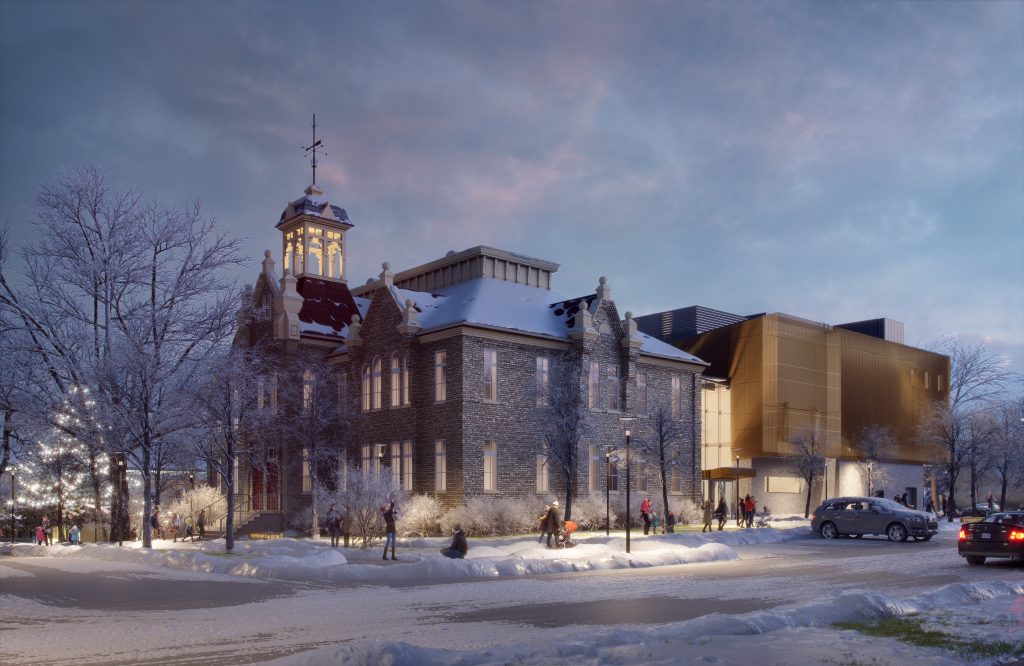
Aurora Cultural Center, source
Cultural life in Aurora is vibrant and inclusive:
- Aurora Cultural Centre – Concerts, galleries, and classes
- Theatre Aurora – Local drama productions
- Aurora Winter Blues Festival – Music and community
- Multicultural Festival – Food, art, and performances from around the world
Farmers’ markets, street festivals, and outdoor movie nights keep the community connected and entertained year-round.
Healthcare Facilities
Aurora is minutes from Southlake Regional Hospital and offers many clinics and wellness centres.
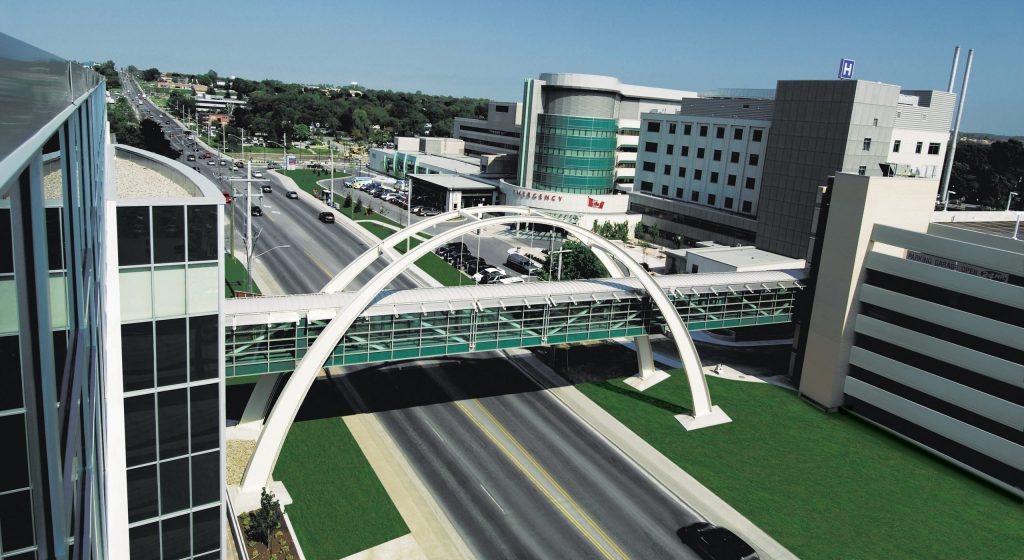
Photo: Southlake Health Center
While Aurora itself doesn’t have a major hospital, it is minutes away from Southlake Regional Health Centre in Newmarket. Aurora also has:
- Walk-in clinics
- Dental and specialist offices
- Wellness centres and pharmacies
Telehealth and remote services have also expanded, offering more options for care.
Real Estate Trends and Neighborhoods
Aurora’s housing market is growing steadily, with neighborhoods catering to all income levels.
Aurora’s neighborhoods vary in character and price:
| Neighborhood | Style | Price Range (CAD) |
| Aurora Heights | Established homes | $900K–$1.3M |
| Bayview Wellington | Family-friendly | $950K–$1.4M |
| Aurora Village | Heritage & luxury | $1.2M–$2M+ |
| Aurora Estates | High-end estates | $2M+ |
Growth has been steady, making Aurora a solid investment.
Housing Price Trend
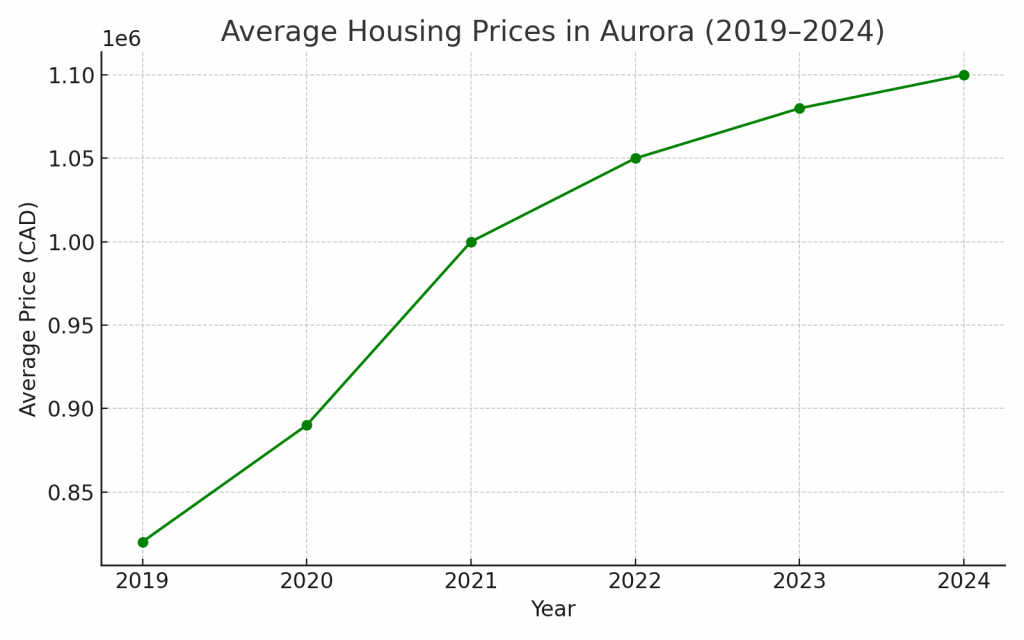
Aurora’s real estate market has seen a consistent rise in average home prices, illustrating high demand and strong investment potential.
- Data Source:
- Canadian Real Estate Association (CREA)
- TRREB (Toronto Regional Real Estate Board) housing market reports
- Local listings aggregated from Realtor.ca and Zolo.ca
Safety and Community
Aurora ranks among Ontario’s safest towns, offering strong community bonds and family-friendly living.
Aurora ranks as one of the safest towns in Ontario. Low crime rates, visible community policing, and active neighbourhood associations contribute to a high feeling of safety and belonging.
The town regularly hosts community meetings and town halls. The Aurora Seniors’ Centre and Teen Lounge also cater to specific age groups, ensuring inclusivity.
Making the Move Stress-Free
Professional movers like Takeoff Moving can help you settle into Aurora easily and efficiently.
Relocating to Aurora is easier with the help of experienced movers. Takeoff Moving specializes in full-service relocations across the GTA and Ontario. We’ll handle everything, from packing and loading to transportation and setup. With all transparent and comparatively low fees, no hidden charges, and an overall moving experience tailored to your convenience and comfort, TakeOff Moving really is the best option here.
Let professionals take care of the heavy lifting, so you can start enjoying Aurora from day one.
Welcome to Aurora
Aurora isn’t just a place to live—it’s a place to grow, thrive, and belong. Whether you’re looking for a fresh start, room to raise a family, or the ideal work-from-home base, Aurora combines modern convenience with small-town charm.
From its historic core and community spirit to its green parks and strong schools, this Ontario gem offers something for everyone. If you’re thinking about making a move, you won’t find a more welcoming town.
Welcome to Aurora. Welcome home.

By Canmenwalker – Own work, CC BY 4.0, Link
Frequently Asked Questions About Moving to Aurora
Is Aurora a good place to live?
Yes, Aurora is considered one of Ontario’s best towns for families and professionals. It offers top-rated schools, safe neighborhoods, and a vibrant community.
What is the cost of living in Aurora, Ontario?
Living in Aurora comes with a higher cost of living, with two-bedroom apartments ranging from $2,200–$3,000/month and home prices averaging $1.1 million.
Is Aurora family-friendly?
Absolutely. Aurora offers excellent schools, kids’ programs, parks, and family-oriented amenities that make it ideal for raising children.
How far is Aurora from Toronto?
Aurora is about 40–45 minutes from downtown Toronto via GO Train or car, making it a popular choice for commuters who want a quieter lifestyle.
What types of jobs are available in Aurora?
The town offers jobs in public administration, healthcare, education, construction, and retail, with many also commuting to Toronto or working remotely.





